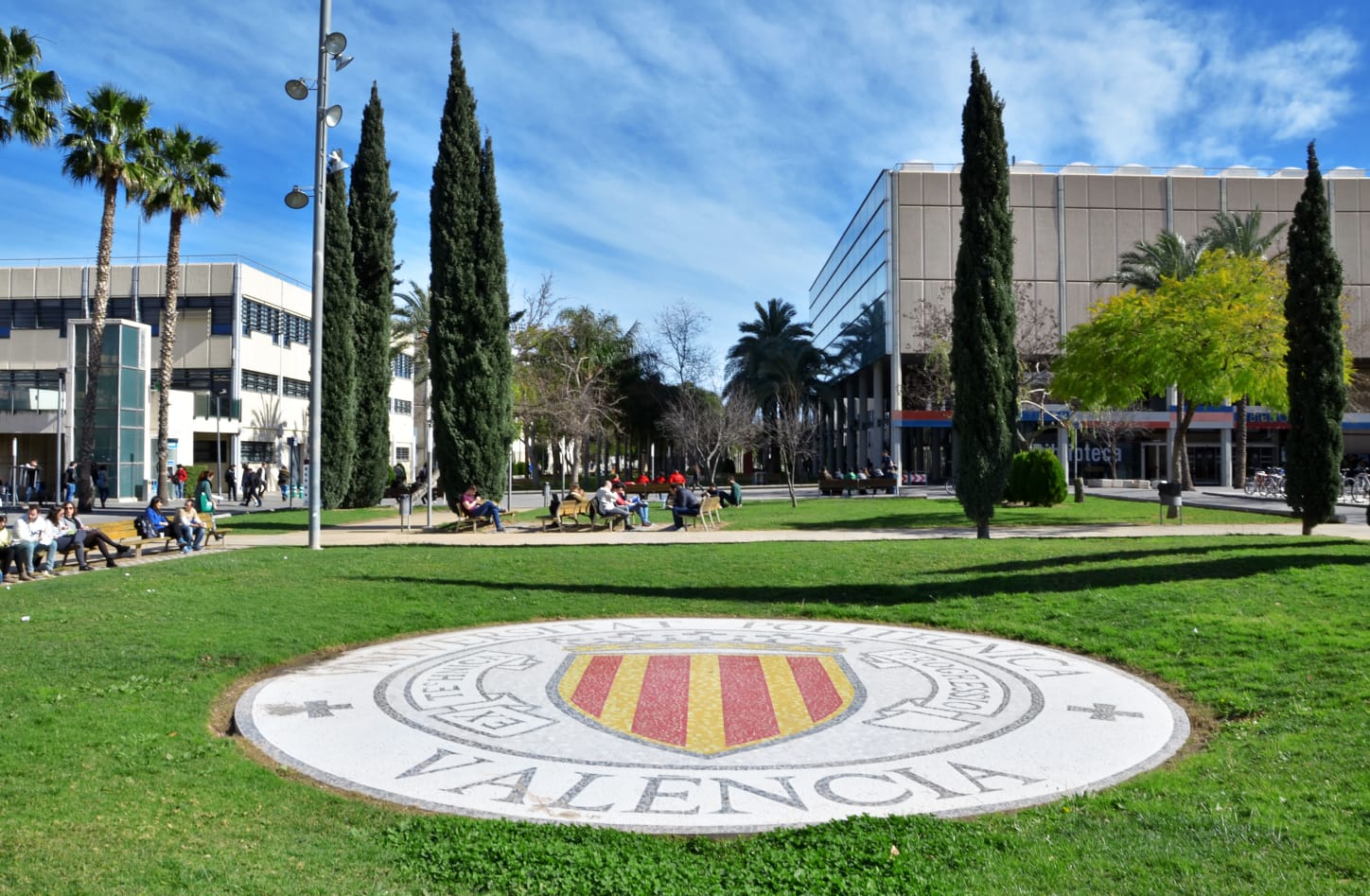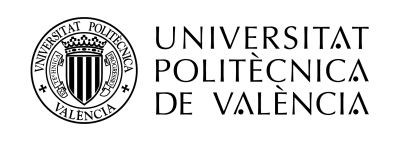
Máster Universitario Erasmus Mundus en Ciencia en Ingeniería Textil
Alcoi, Spain
DURATION
2 Years
LANGUAGES
Spanish
PACE
Full time
APPLICATION DEADLINE
Request application deadline
EARLIEST START DATE
Sep 2025
TUITION FEES
EUR 39 / per credit

STUDY FORMAT
On-Campus
Introduction
In the last 20 years, both academia and the textile industry have become more global than ever and creativity, user- and application-centered product design, multicultural understanding, entrepreneurial behavior and multi-party thinking Perspectives are vital to being a leader in innovation. Furthermore, innovative products dedicated to unconventional market niches offer enormous potential for starting business activities that is in the DNA of the textile sector, a typical sector for SMEs. This means that, in addition to acquiring cutting-edge knowledge, personal development and networking have also gained a lot of importance.
A relevant aspect of the design of the proposed Master (World Engineering Textile Advanced Master: WE-TEAM), International Master of Science in Textile Engineering, is the joint participation of reference centers in the international textile sector in an Erasmus Mundus Joint Master Degree ( EMJMD). This program has been operating for 20 years under the name E-Team and in 2020 the reformulation is proposed to adapt the contents and the teaching staff, including the most prominent international experts in different disciplines. Currently, the Universitat Politècnica de València (UPV) has been included in the team.
Admissions
Curriculum
The Master’s Degree consists of 120 ECTS credits distributed in two academic years, each year it is divided into two semesters which makes a total of four semesters of 30 ECTS. Each semester comprises two blocks of five teaching weeks plus two weeks of exams.
The first semester is taught in Ghent (Belgium) and focuses on the chapter on textile materials: textiles, fibers, structures based on fibrous materials, and properties.
During the second semester, the aspects of producing or transforming fibrous materials into textile structures are addressed: yarns and fabrics, bio-chemical treatments, clothing, and control systems. This semester is developed across three universities, depending on the promotion of the Master’s Degree, so that it begins at UNIWA (Greece), the second year takes place at UPV (Spain) and the third-year students will study at UHA (France).
The third semester focuses on textile applications and students will study topics related to technical textiles, clothing, smart textiles, and management. This semester will take place in UBoras (Sweden) for Asian students and KIT (Japan) for European students. Students from other parts of the world will be distributed to balance the groups.
The fourth semester will be dedicated to the final master’s dissertation (FMD) and students will be able to choose between the different projects offered among the AUTEX partner universities. The mobility structure also ensures that all students spend a semester at at least three different universities.
Students carry out their studies in at least three universities and some carry out their thesis in a member country of the Consortium. Some students may also do an internship during the break between the first and second academic year. As such, student mobility plays a central role in the WE-TEAM program.
Program Outcome
The We-Team Programme Meets an Educational Need Which Is Unparalleled in Any Other Programme Around the World. Its Objective Is to Train Textile Engineers to Become Leaders in Innovation in A Global Context Both in The Academic and Industrial Fields. the We-Team Master’s Degree Has Three Pillars:
- Providing Cutting-Edge Knowledge in Multiple Textile Related Disciplines and Their Implementation.
- Personal Development: Global Vision, Multi-Perspective Thinking, Multicultural Understanding, and Scientific Thinking.
- Building an International Network of Students, Staff and Industry.
The Programme Has Been Developed Together and It Addresses Academic Goals and Industry Needs. Several Learning Lines Are Implemented Throughout the Semesters, Which Are Developed Through Collaboration Between Several Autex Partners. Semesters Are Based on Local Academic and Industry Strengths.
The Issuance of A Multiple Ugent-Upv Degree Provides a Formal Link Between Host Institutions and Helps Show the Professional Field the Commitment of All Institutions to Position We-Team as A Global Professional Benchmark.
Students Acquire In-Depth Knowledge in Textiles and Related Fields and Extensive Knowledge from Multiple Perspectives Related to The Professional Context. Additionally, Working in An International Environment Includes Effective, Efficient, and Directed Communication, Orally and In Writing, Discussing Conclusions and The Arguments Behind Them, Scientific Thinking, Multi-Perspective Reasoning, and Global Business Behaviour.
Throughout the Programme There Is a Progressive Accumulation of Knowledge, Skills and Competencies and An International Network, where students Are Continually Aware of Critical Self-Reflection and Scientific Thinking. Starting from Fundamental Theoretical Principles, Design-Based Thinking and Student Problem Solving, a Curriculum Is Developed toward Research, as well as Towards Relevant and Realistic Projects from A Practical Standpoint. Specific Learning Outcomes, Is Worth Highlighting:
- Having Extensive Fundamental Knowledge and Being Able to Apply the Production, Processing and Properties of Structural and Functional Textile Materials in A Generic Context.
- Knowing the Properties and Structure of Textile Materials and Being Able to Apply Them to Design and Improve Materials or Production Processes.
- Having Extensive Knowledge of The Main Techniques of Characterization and Modelling of Materials Relevant to The Production, Design and Sustainable Use of Textile Materials
- Understanding and Being Able to Apply Work Processes in An International and Intercultural Context.
Program Admission Requirements
Show your commitment and readiness for Grad school by taking the GRE - the most broadly accepted exam for graduate programs internationally.
